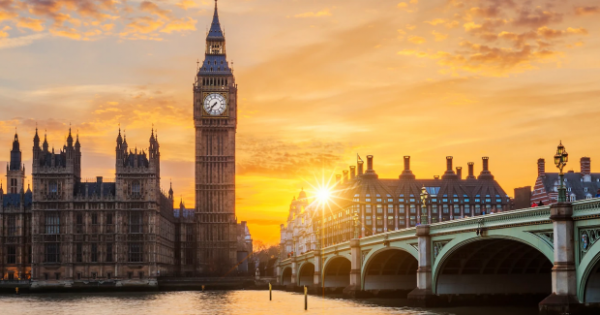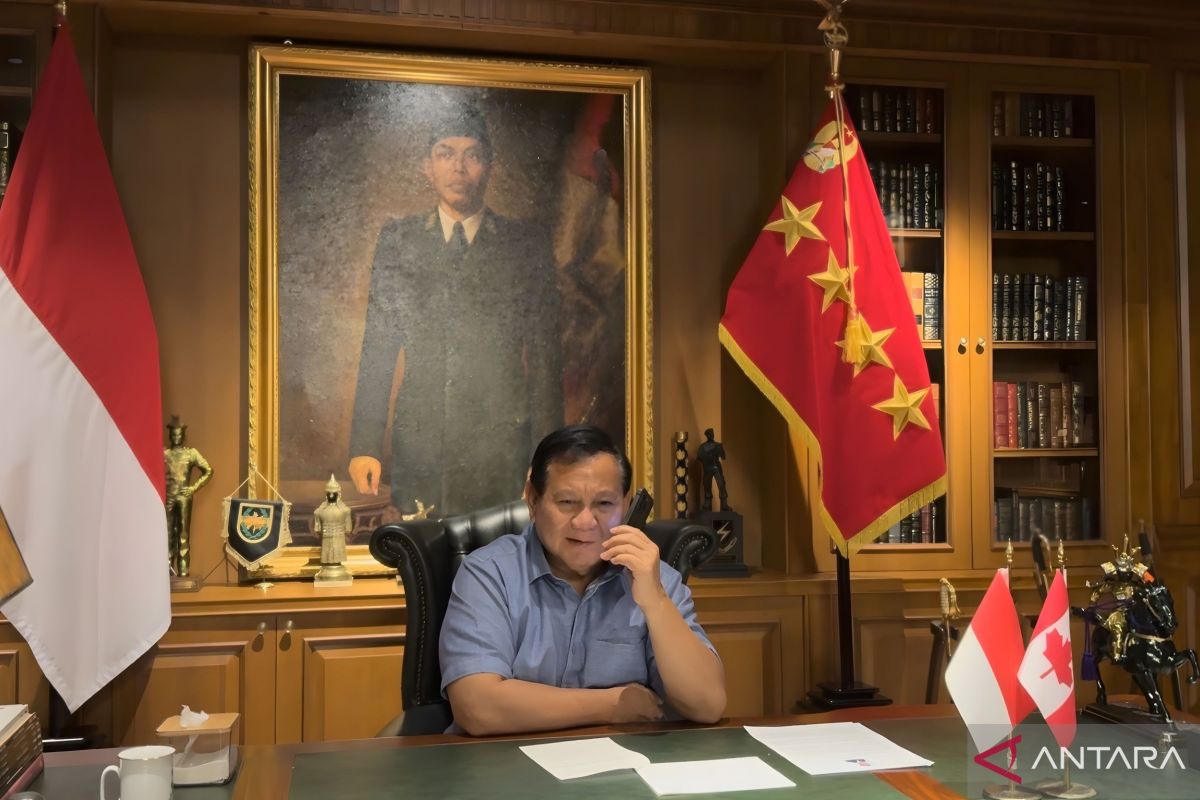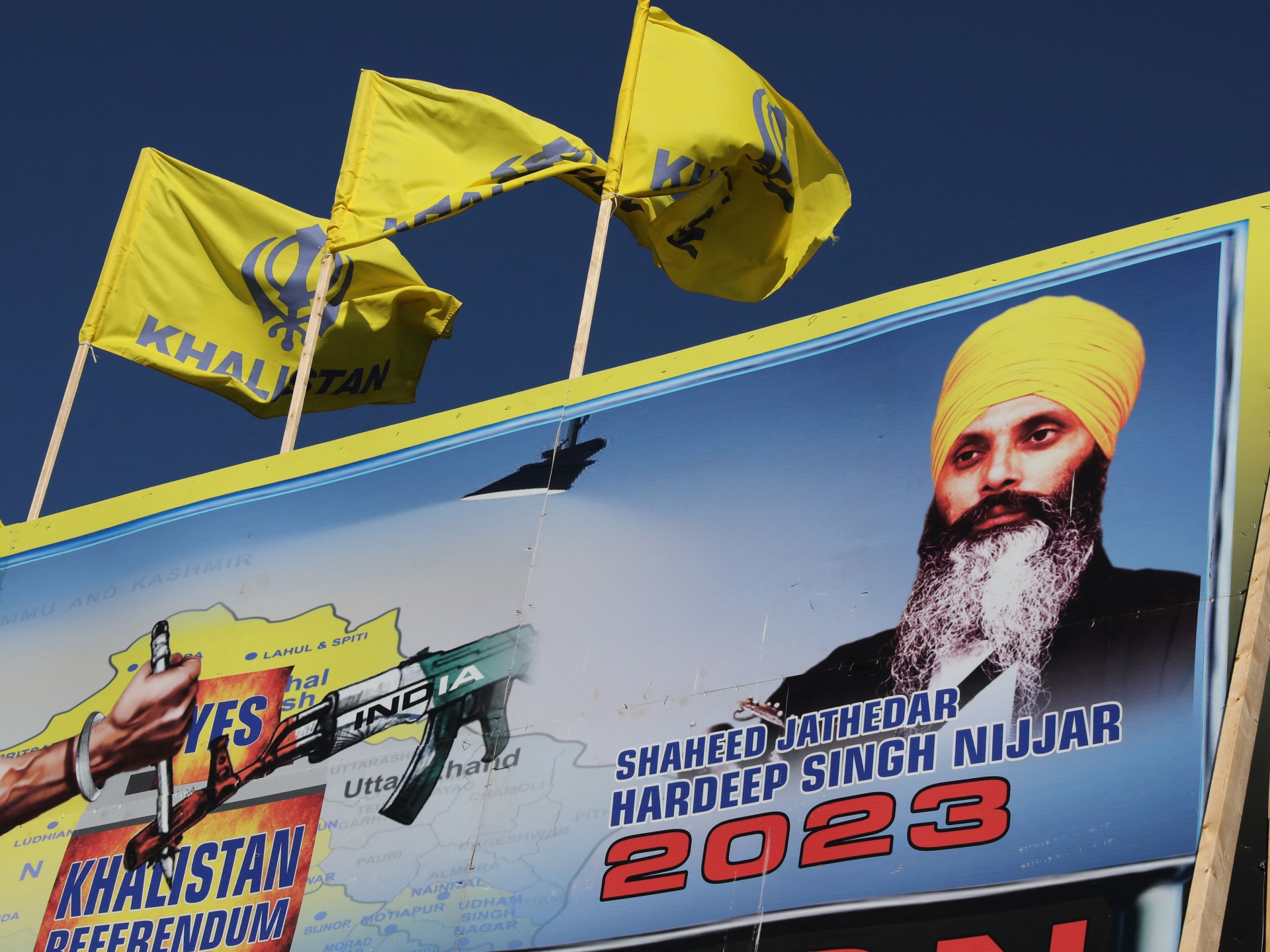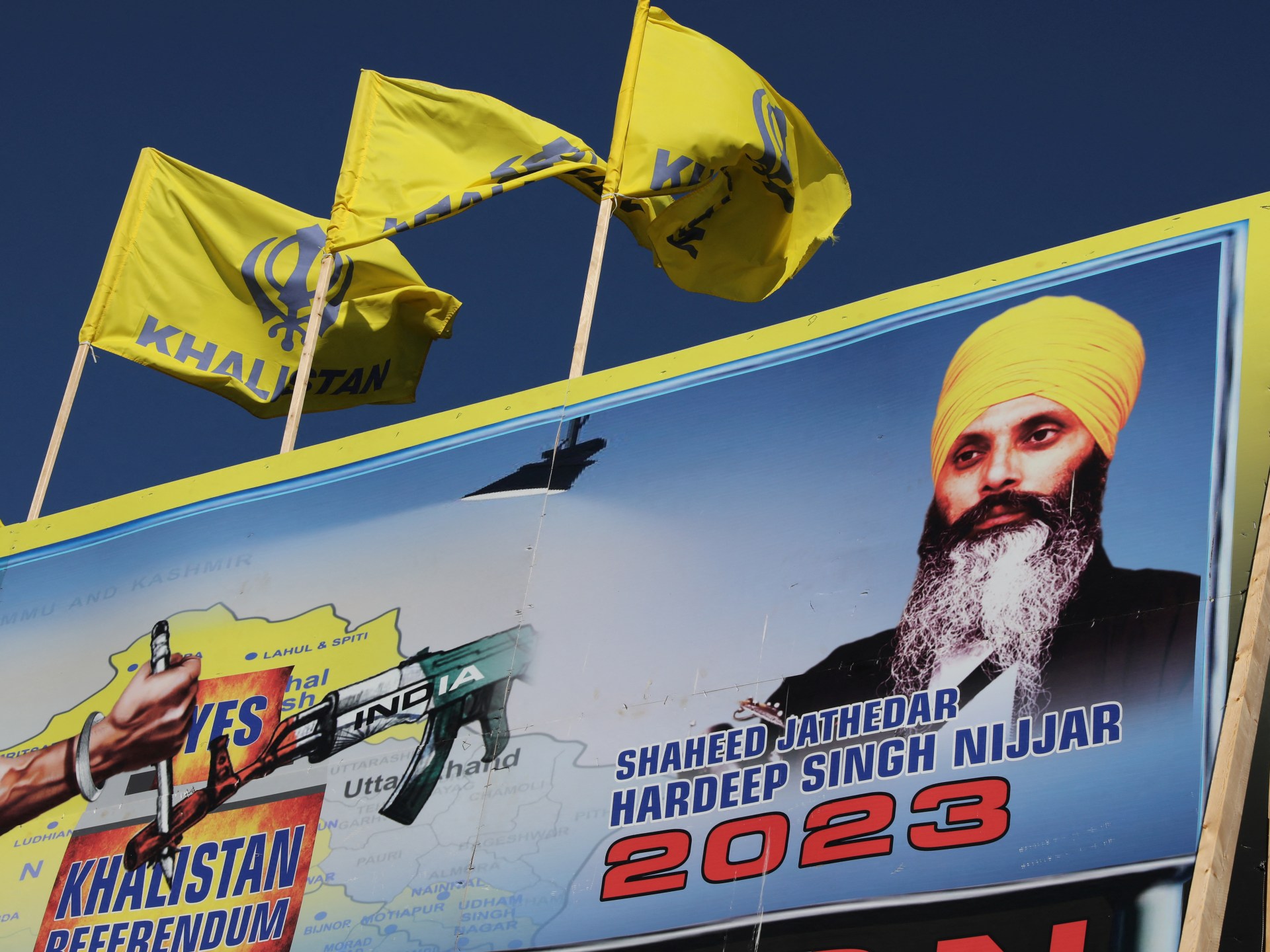Every country in the world has government system which applies in their country. This system of government is the main thing in the management of the life of the state.
In general, there are two systems of government adopted by countries in the world, namely the parliamentary system of government and the presidential system of government. To better understand, here is the definition of a parliamentary system of government and the characteristics of a parliamentary system in general.
The system of government has the meaning conveyed by Jimly Asshidiqie. According to Jimly, the governmental system is the relationship between state institutions. According to Sri Soemantri, the system of government is a system with a relationship between legislative and executive institutions.
Understand the parliamentary system of government
The parliamentary system is adopted by several countries in the world such as England, Malaysia, Singapore, Japan, etc. The parliamentary system, as the name suggests, places parliament as the owner of an important role in government
Parliament has the power to appoint the Prime Minister and can vote a vote of no confidence to overthrow the government.
head of state in parliamentary system is the president, king, queen or other designations agreed upon in the country. The head of government in a parliamentary system is the Prime Minister.
Characteristics of a parliamentary system
After understanding the parliamentary system, it is certainly interesting to understand the characteristics of the parliamentary system in the world. Here are the characteristics of a parliamentary system legalonline.com:
- There is a separation between the head of state and the head of government.
- The Cabinet has the constitutional right to dissolve Parliament before the end of its term for certain reasons.
- The Cabinet is responsible to Parliament.
- Each cabinet member is an elected MP.
- The Cabinet formed is a unit with collective responsibility under the authority of the Prime Minister.
- Parliament elects the Prime Minister to head the government.
Not only that, the features of the parliamentary system were also conveyed by Nafi’ Mubarok in his journal titled “Government Systems in Malay Cluster Countries”, which was published in 2021. Here are the features of the complete parliamentary system:
- Parliament is elected through general elections with variable hours depending on certain conditions.
- The role of the head of state, namely king, queen, president or governor-general (as in Canada, Australia and New Zealand) is only symbolic and ceremonial.
- The executive branch of power is headed by the Prime Minister who is assisted by the cabinet.
- Although the head of state with a parliamentary system is the president, he still has limited political influence.
- Parliament can recall and elect cabinets.
- The timing of the general election is determined by the Head of State based on input from the Prime Minister.
Based on the above characteristics, the position of the cabinet will be strongly influenced by the parliament. Parliament can dismiss the cabinet if it is deemed unrepresentative. In case of revocation, general elections must be held. Therefore, general elections can take place at any time.
Difference Between Presidential System and Parliamentary System
In addition to the parliamentary system, there is a presidential system implemented by several countries around the world. To better understand the parliamentary system in the world, there is a difference between a presidential system and a parliamentary system.
1. Institutional relations
Relating to institutional relations. In a presidential system, the separation of powers is the executive, the legislature and the judiciary. However, there is no separation of the functions of head of state and head of government.
The executive is held by the president. Legislative power resides in parliament. The executive and the legislature are balanced in a parliamentary system of government. Whereas in a parliamentary system, there is a separation of the Head of State and the Head of Government. Moreover, there is no separation of executive and legislative powers.
The executive is a member of parliament. The head of government is the leader of the majority power in parliament. The Head of State is only a symbol apart from the executive and legislative powers.
2. Recruitment model
In a presidential system, there is no personal overlap between the executive and legislative branches. Legislative members can be elected directly through general elections. The executive management is the president and vice president who are directly elected in general elections.
In a parliamentary system, there is an overlap between the holders of executive and legislative powers. Legislative members are elected directly through a general election mechanism. The party that has the majority in parliament will form the government. The leader of the party is the prime minister. Members of the majority party become ministers.
3. Oversight and Accountability
In a presidential system, there is a mechanism of checks and balances for the holders of executive and legislative powers. The owner of the legislative power compiles the laws and regulations implemented by the executive.
The executive also has veto power over legislative policies to refuse to enforce laws. The legislature also has the right to impeach the executive.
Meanwhile, in the characteristics of the parliamentary system related to the oversight and accountability model, there is a mechanism of opposition government within the legislature. The second dominant party in parliament will become the opposition.
Government policies will be debated in parliament with the opposition according to their respective areas. The legislature can dissolve the government with a vote of no confidence and hold elections to elect new members of parliament.
This is an explanation regarding the understanding and characteristics of the parliamentary system and its differences from the full presidential system.

“Thinker. Hardcore web aficionado. Zombie evangelist. Pop culture trailblazer. Student. Passionate twitter maven.”






